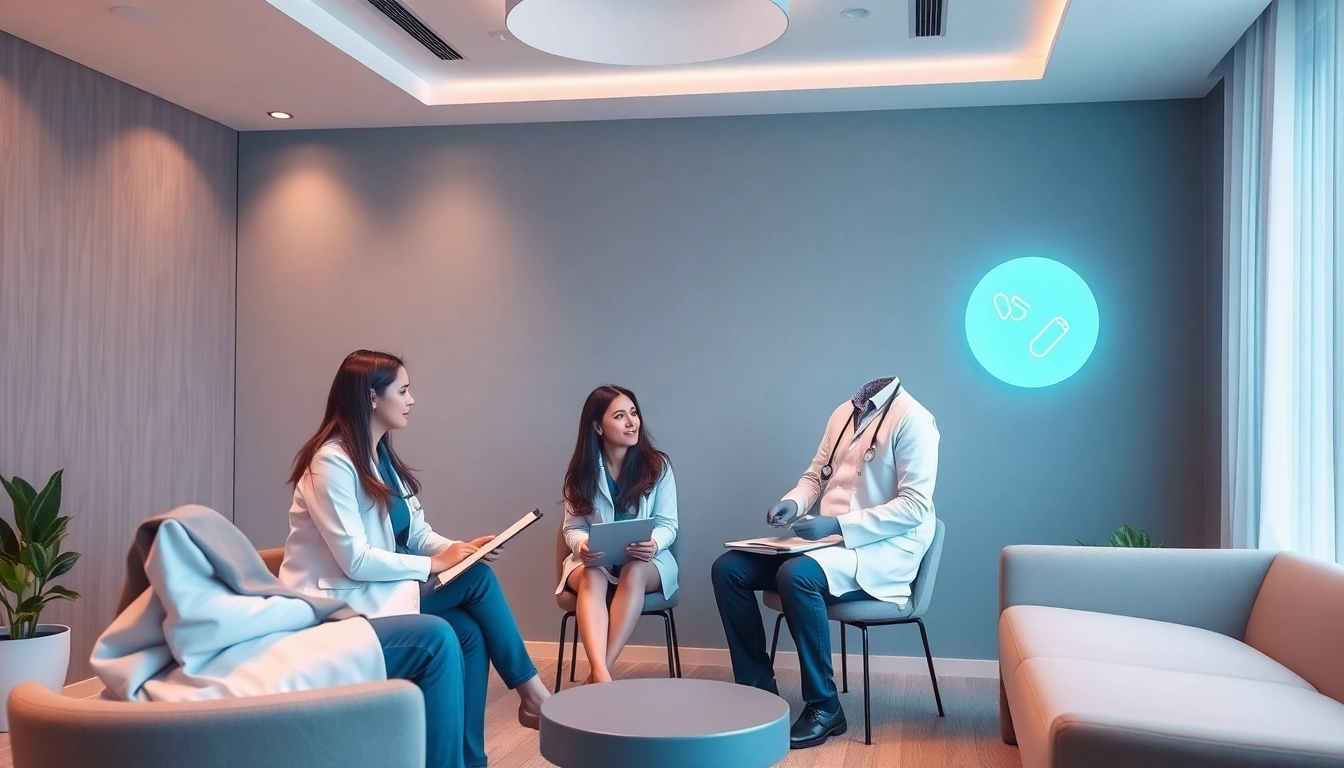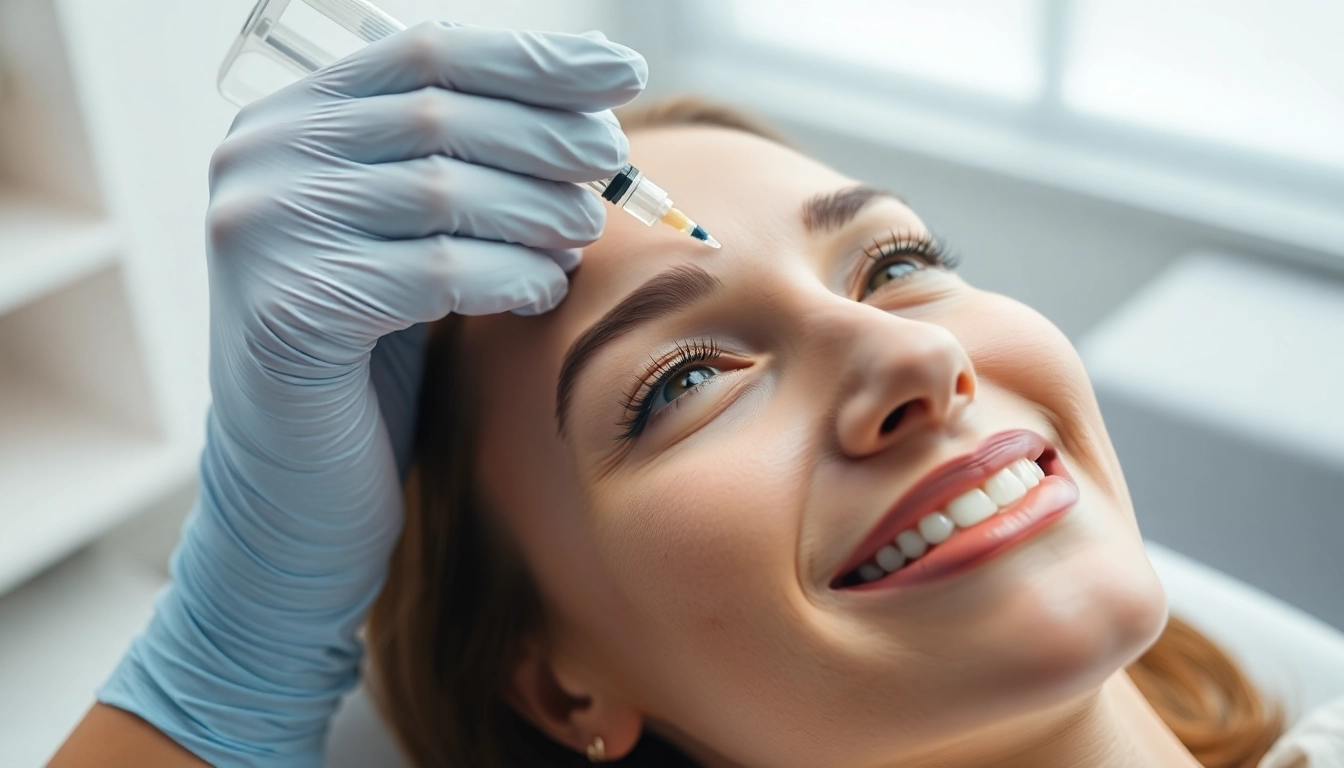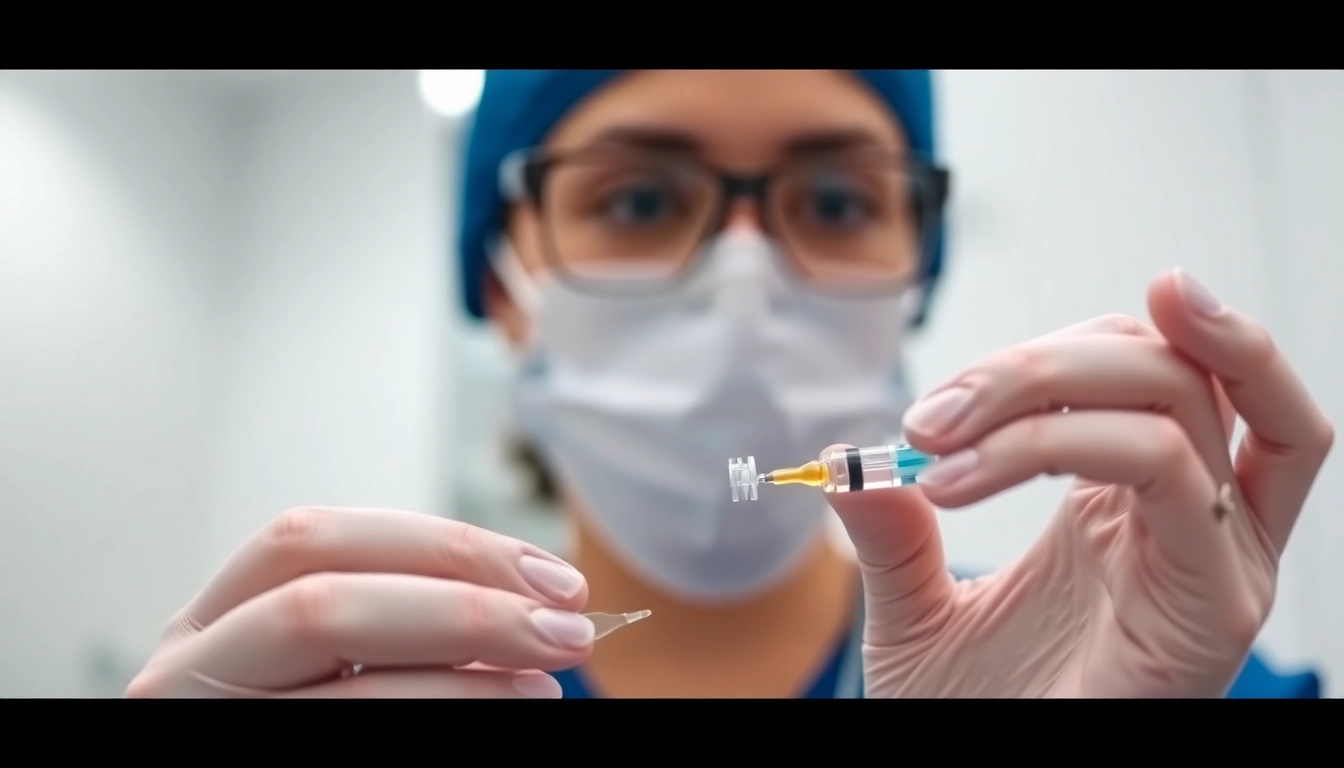Understanding Drug Addiction: Symptoms and Early Warning Signs
Drug addiction remains a pervasive issue worldwide, rooted deeply in the complex interplay of biological, psychological, and social factors. Recognizing the early symptoms of dependence is crucial for timely intervention and effective treatment. In Kyiv, the prevalence of drug addiction has surged, with recent statistics indicating that approximately 1.5 million Ukrainians actively use narcotics, reflecting an annual growth rate of 8-10%. This alarming trend underscores the urgency for accessible, professional treatment centers such as treatment for drug addiction in Kyiv, which specialize in early detection and comprehensive rehabilitation.
Detecting dependence early can significantly improve recovery outcomes. The initial signs often manifest subtly, gradually evolving from occasional misuse to full-blown addiction. Understanding these indicators—ranging from behavioral changes to physical symptoms—empowers families and caregivers to intervene before the situation becomes critical. The earlier dependence is identified, the more options there are for successful treatment and social reintegration.
Physical and Behavioral Indicators of Dependence
Dependence on substances shows a spectrum of physical and behavioral signs that can help in early diagnosis. Physically, individuals may exhibit dilated or constricted pupils, sudden weight fluctuations, poor hygiene, and frequent illnesses due to weakened immunity. Behaviorally, typical symptoms include secretiveness, neglect of responsibilities, sudden financial problems, and changes in social circles—often shifting toward peer groups associated with drug use.
Notably, specific drugs can lead to distinct physical signs. For instance, methamphetamine users may display skin sores and dental problems (“meth mouth”), while opioid dependence can cause pinpoint pupils and respiratory depression. Recognizing these signs requires attentive observation combined with knowledge of drug effects. Early recognition allows for prompt professional intervention, which is critical for a successful recovery process.
Psychological Signs of Addiction
Beyond physical manifestations, addiction significantly impacts mental health. Psychologically, dependence manifests through mood swings, irritability, anxiety, depression, and paranoia. Individuals may experience intense cravings, loss of control over their use, and denial of the problem. These psychological signs often accompany and reinforce behavioral patterns, making the addiction even harder to recognize.
Furthermore, dependence may lead to cognitive distortions—rationalizations for drug use and denial of its consequences. Recognizing these mental health indicators is vital for early diagnosis, especially since many individuals hide their conditions due to shame or fear. Effective treatment in Kyiv, such as those provided at centers like «Troyitskiy», employs psychological assessment tools to identify these signs early, ensuring timely and targeted interventions.
How Early Detection Facilitates Recovery
Identifying the early signs of drug dependence dramatically increases the chances of successful treatment. Early detection allows medical professionals to implement less invasive, more effective interventions, reducing the duration and costs of treatment. It also prevents the progression of dependence into chronic addiction, which can lead to irreversible damage to health, relationships, and social functioning.
In Kyiv, specialized clinics utilize innovative screening tools and structured interviews to detect dependency at its inception. Public awareness campaigns also play a role in educating families about warning signs. Once dependence is identified early, tailored programs—including detoxification, behavioral therapy, and relapse prevention—have significantly higher success rates. Recognizing these signs early can save lives and restore individuals to health and social stability.
Stages of Treatment for Drug Addiction in Kyiv
Initial Detox and Stabilization Procedures
The first critical stage in treating drug addiction involves detoxification and stabilization. This process aims to physically remove toxins from the body and manage withdrawal symptoms. In Kyiv, centers like «Troyitskiy» employ both classical detox methods and ultra-rapid detox (URD) procedures, often under medical supervision in a hospital setting. The goal is to ensure patient safety while minimizing discomfort during withdrawal.
Detoxification typically entails administering medications to alleviate symptoms, correcting electrolyte imbalances, and supporting vital functions. For example, patients may receive intravenous infusions containing detox solutions, hepatoprotectors, cardioprotectors, sedatives, and vitamins. This stage not only addresses physical dependence but also lays the foundation for psychological treatment by initiating trust and cooperation with medical staff.
Psychological Intervention and Motivation
Following physical stabilization, psychological intervention becomes the cornerstone of recovery. Dependence often conceals underlying emotional, psychological, or environmental issues that initially contributed to drug use. Skilled psychologists and addiction specialists at centers like «Troyitskiy» utilize proven techniques to foster insight and motivation in patients.
An effective approach is the psychological intervention, including motivational interviewing and the «12 steps» program rooted in spiritual principles. These methods facilitate self-awareness, acceptance, and commitment to sobriety. The process involves exploring personal reasons for use, confronting denial, and building resilience against cravings. Moreover, family therapy and peer support groups contribute significantly to restoring healthy thought patterns and behaviors.
Rehabilitation and Preventing Relapse
The final stage emphasizes long-term rehabilitation, which aims to prevent relapse and facilitate social reintegration. Programs in Kyiv incorporate individualized plans, combining psychotherapy, group sessions, vocational training, and social skills development. The goal is to restore the individual’s role in family, work, and societal environments.
At «Troyitskiy», patients engage in art therapy, physical activity, and community involvement initiatives, which have proven effective in maintaining abstinence. The process fosters a supportive environment where individuals learn to handle stressors, triggers, and peer influences. Continued outpatient support, periodic evaluations, and participation in self-help groups are essential to sustain long-term recovery.
Innovative Methods Used at «Troyitskiy» Center
Medication-Assisted Recovery Approaches
Medication-assisted treatment (MAT) is a proven modality to support recovery from drug dependence. The Kyiv-based «Troyitskiy» center employs a combination of pharmacological therapies tailored to individual needs. During the detox phase, medications such as methadone, buprenorphine, or naltrexone may be used to reduce cravings and withdrawal symptoms.
Post-detox, maintenance therapies help stabilize neurochemical imbalances, decreasing the likelihood of relapse. The choice of medication depends on the specific addiction—opioid, stimulant, or other—to ensure safety and efficacy. Using evidence-based protocols aligned with international standards, the center ensures that patients have the best chance at sustained sobriety.
Behavioral Therapies and Social Re-integration
Behavioral therapies form the backbone of psychosocial rehabilitation. Cognitive-behavioral therapy (CBT), contingency management, and motivational enhancement therapy are integral parts of the program at «Troyitskiy». These approaches help individuals identify and alter distorted thought patterns that lead to drug use.
Simultaneously, social re-integration involves vocational training, education, and community engagement. The center collaborates with local organizations to facilitate employment, housing, and legal support, addressing barriers to long-term abstinence. These comprehensive efforts significantly enhance the individual’s capacity to rebuild a productive, addiction-free life.
Holistic Techniques and Support Communities
Recognizing the multifaceted nature of addiction, «Troyitskiy» incorporates holistic healing modalities, such as art and music therapy, yoga, and mindfulness practices. These methods nurture emotional stability, stress management, and self-awareness.
Furthermore, participation in peer support communities—such as those adhering to the 12-step model—provides ongoing encouragement and accountability. Patients share experiences, celebrate milestones, and develop a sense of belonging, all of which are vital for enduring recovery.
Cost, Confidentiality, and Access to Help
Affordable Programs and Transparent Pricing
The financial aspect of treatment is a common concern. «Troyitskiy» offers transparent pricing structures designed to accommodate various budgets. The cost depends on the selected program, length of stay, and individual needs. Multiple packages exist, from short-term detoxification to long-term comprehensive rehabilitation, ensuring flexibility and affordability.
Patients are encouraged to contact the center directly for detailed cost estimates and personalized plans. The goal is to make premium addiction treatment accessible to all who need it, emphasizing transparency and fairness.
Confidential and Anonymous Treatment Guarantees
Privacy and confidentiality are core principles at «Troyitskiy». All patient data is protected by strict confidentiality protocols, ensuring anonymity if desired. The center’s environment fosters trust and openness, allowing individuals to seek help without fear of social stigma or legal repercussions.
This commitment to privacy facilitates honest communication, which is essential for effective diagnosis and treatment planning, ultimately leading to better outcomes.
How to Get Started: Contact and Initial Consultation
Taking the first step towards recovery can be daunting, but professional help is readily available. Families and individuals can reach out to «Troyitskiy» by phone or through the website’s contact form to schedule a free, confidential initial consultation. During this session, specialists assess the patient’s condition, explain treatment options, and develop a tailored plan.
Contact numbers are 095 522 15 73 and 098 258 41 69. Early intervention increases the chances of a successful transformation, and the center’s compassionate team is ready to assist you at every stage of recovery.
Additional Resources and Support Articles
Effective Strategies to Overcome Drug Dependence
Numerous studies and clinical practices support the efficacy of integrated treatment programs combining medication, psychotherapy, family support, and social rehabilitation. Engaging patients in ongoing community support groups sustains long-term sobriety. Addressing underlying causes—such as low self-esteem, family conflicts, or peer pressure—is essential for lasting change.
Resources such as local support groups, online education portals, and continuous follow-up services enhance recovery prospects. Professional centers like «Troyitskiy» in Kyiv serve as comprehensive hubs, offering all necessary components for successful treatment.
How Long Does Treatment Typically Take?
The duration of treatment varies based on the severity of dependence, type of drug, comorbid conditions, and individual motivation. Typically, detoxification lasts from 7 to 14 days, followed by outpatient therapy ranging from several months to over a year for long-term rehabilitation.
Research indicates that comprehensive programs spanning at least 6 months show higher relapse prevention success. Continuous support, patient adherence, and family involvement are pivotal to achieving sustainable sobriety.
Success Stories and Patient Testimonials
Many individuals in Kyiv have successfully overcome drug dependence through professional treatment. Testimonials highlight the importance of early intervention, personalized plans, and ongoing support. Patients often report improved health, restored relationships, and renewed prospects for life after completing programs at centers like «Troyitskiy».
Success depends on medical guidance, personal commitment, and a supportive environment. Sharing stories fosters hope and encourages others to take the critical first step toward recovery.



